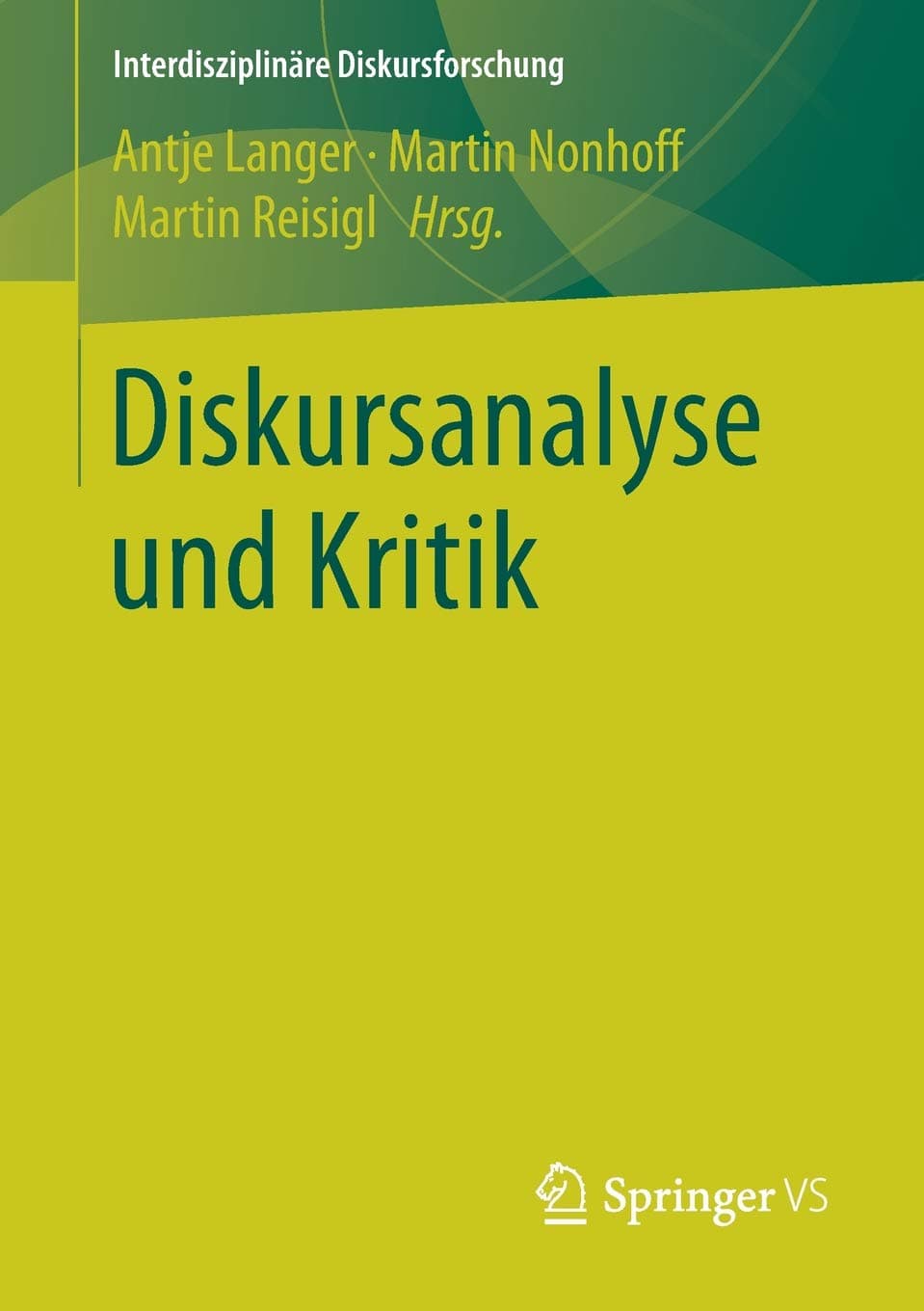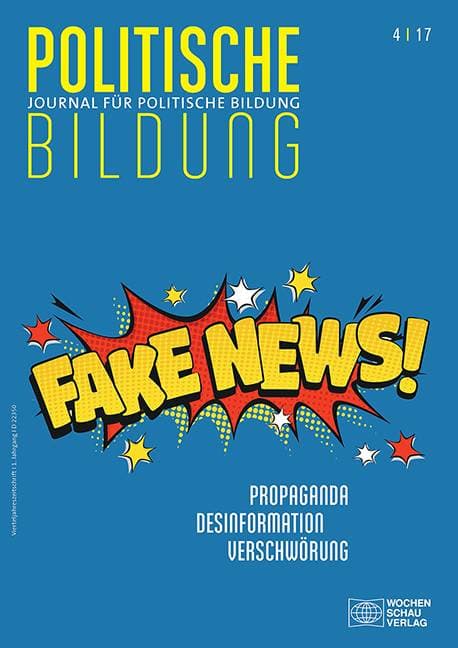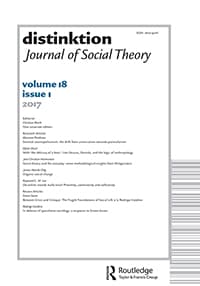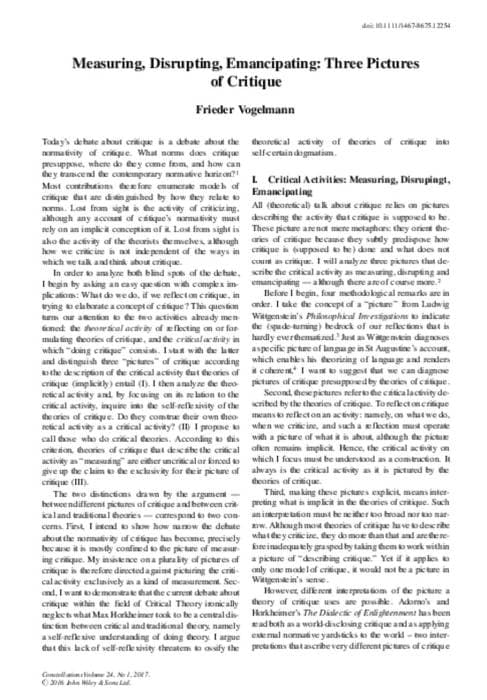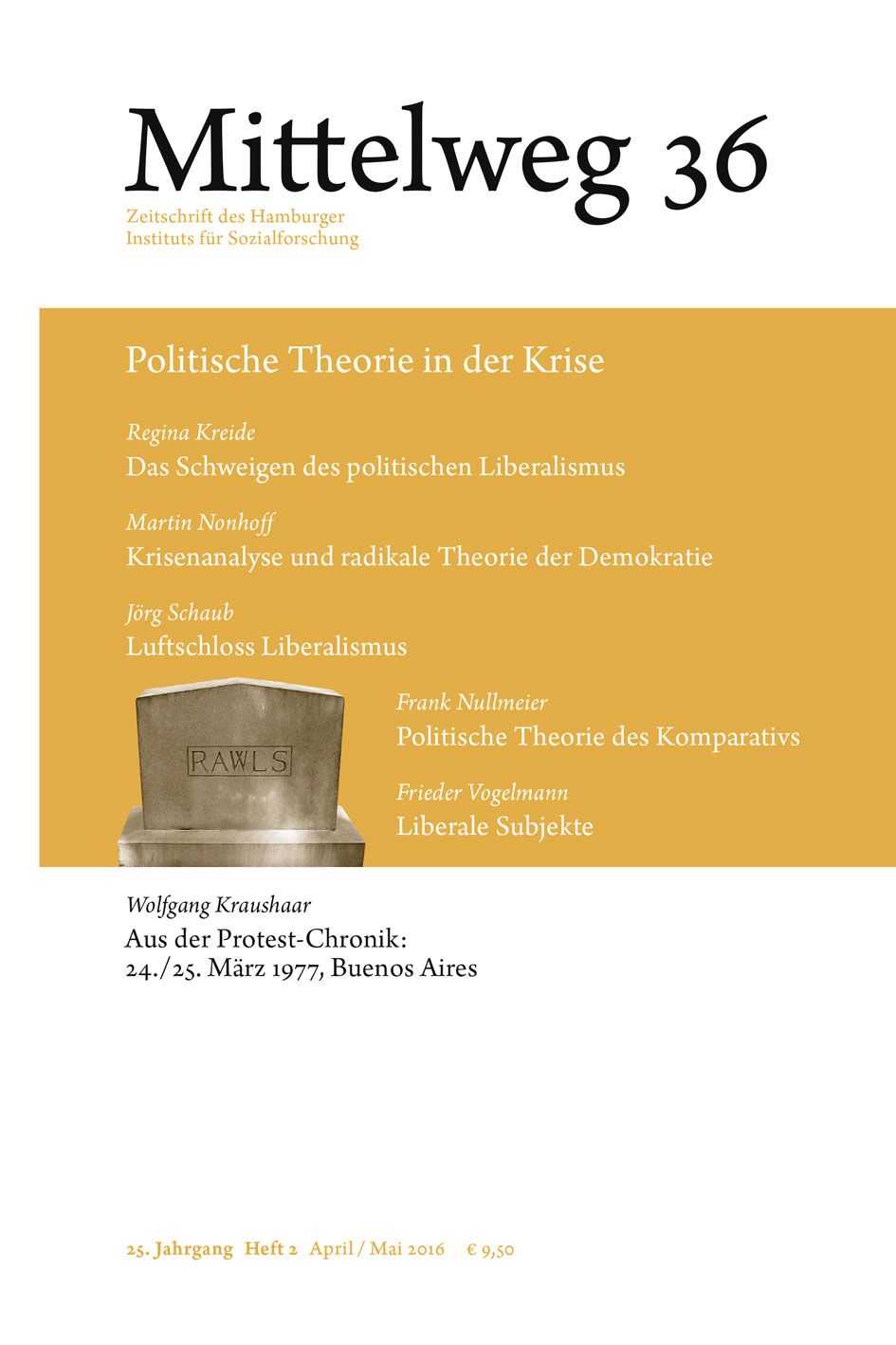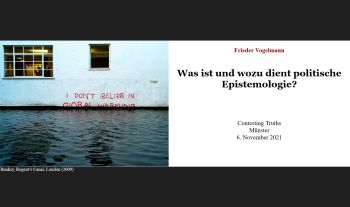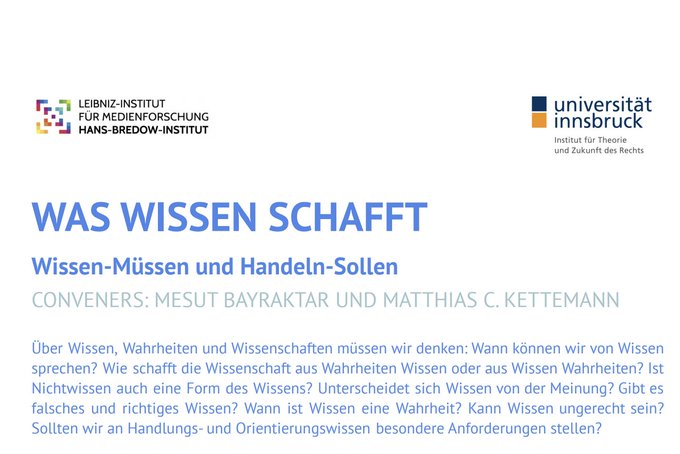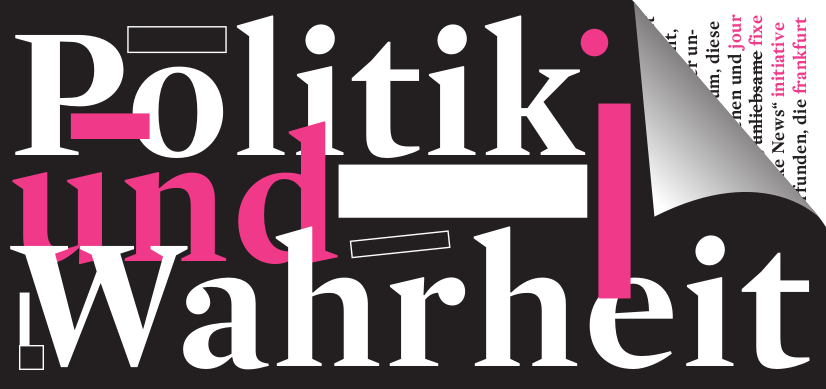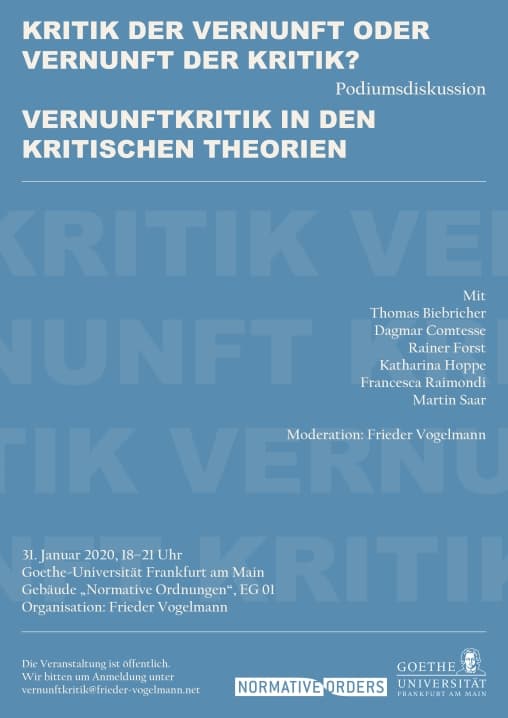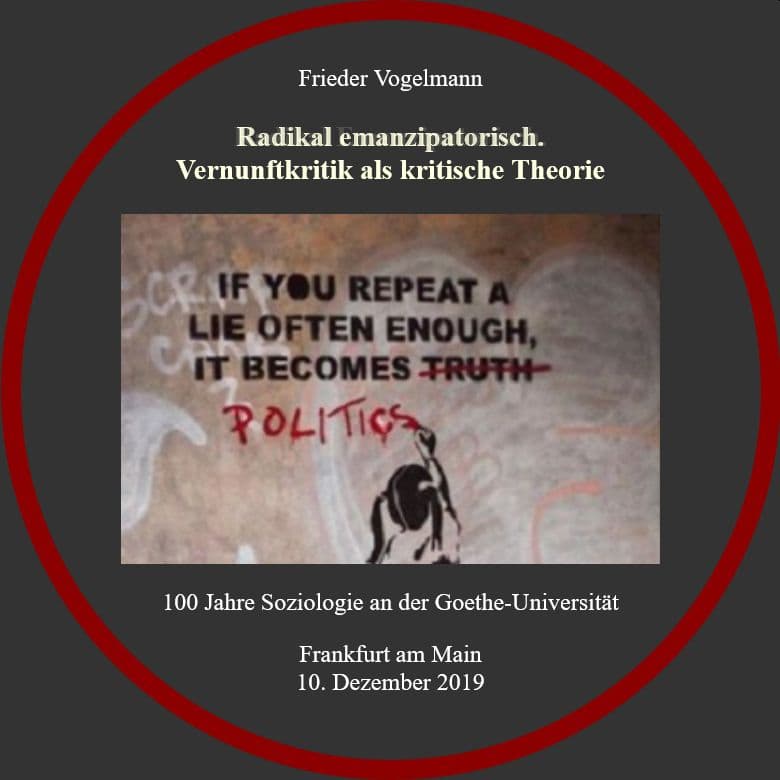 Raffaels “Die Schule von Athen” (1510/1511)
Raffaels “Die Schule von Athen” (1510/1511)The Effectiveness of Knowledge. A Political Epistemology
This book project is centred on a concept called “effective knowledge”. The corresponding claim is that it is possible, philosophically fruitful and politically relevant to think about the effectiveness of knowledge in such a way that this effectiveness is understood as nothing external to knowledge. My thesis is that “effective knowledge” in this sense does exist: there is knowledge that produces effects solely in virtue of its existence. In the book, I want to articulate a precise concept and to demonstrate why it is philosophically and politically significant to acknowledge the existence of “effective knowledge” and to have a clear concept for it.
The claim raised sounds unusual, even eccentric. The first part of the book thus focusses on showing that the assumption of there being effective knowledge in the sense just explained is not as idiosyncratic as it seems to be. On the contrary: We find the assumption of the existence of effective knowledge quite frequently in the history of philosophy - so often, in fact, that ignoring it would severely impoverish our understanding of the tradition and that I will be able to deal with only a few instances of it with the required precision. I focus on three paradigmatic cases: in Plato’s dialogues, in the first generation of critical theory and in contemporary liberal political theory.
These three examples are not as randomly chosen as they might seem to be. For in them, form and function of the assumption that effective knowledge exists differs from case to case and will allow me to indicate the different directions of philosophical work that would be possible with a precise concept of “effective knowledge”: we would get a new perspective on the history of philosophy, we could form a different understanding of “critique” as a concept and of critical theory, and we would be able to see the relation between truth and politics in a different light. Thus, while the first part of the book argues that the existence of “effective knowledge” is quite common in philosophy, the second part demonstrates the philosophical and political relevance of a precise concept of “effective knowledge”.
Obtaining such a precise concept by way of a critical discussion of (analytic) epistemology and practice theory is the task of the third part of this book project. Both fields of debates do not yet offer us a full explication of a concept of effective knowledge. On the one hand, (analytical) epistemology concentrates exclusively on the alethic dimension of knowledge, that is, on its relation to truth. It therefore misses the dynamic dimension of knowledge (its effectiveness) and hence also knowledge’s inherent political nature. On the other hand, practice theory (and pragmatism) reduces knowledge to its dynamic dimension, thus sacrificing the alethic dimension of knowledge which becomes indistinguishable from action.
Back to the overall project Political Epistemology.
![The Force of Knowledge. A Political Epistemology [in German]](/public/media/ww_cover.jpg)
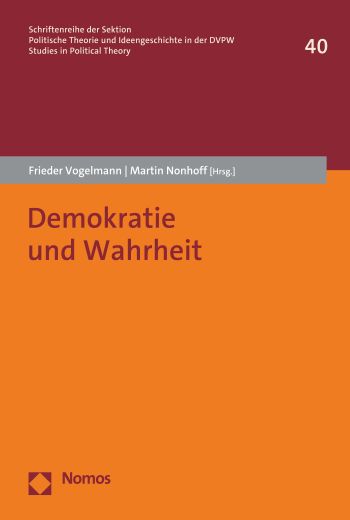
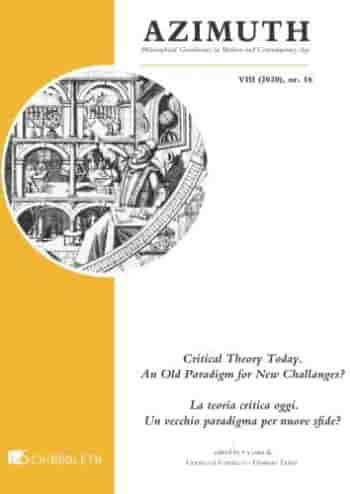
![Reluctant Propagandists? On the Agitational Logic of Digital Publics on Twitter [in German]](/public/media/widerspruch_cover.jpg)
![Fighting with Untruth. Why a Critique of Reason Remains Necessary [in German]](/public/publication/2019_westend_unwahrheit/featured_westend_cover_small.jpg)

![Neither Scientific, nor Philosophical, nor Critical? The Knowledge in Diagnoses of Our Times as Seen by Their Critics [in German]](/public/publication/2019_gegenwartsdiagnosen/featured_cover_gegenwartsdiagnosen.jpg)
